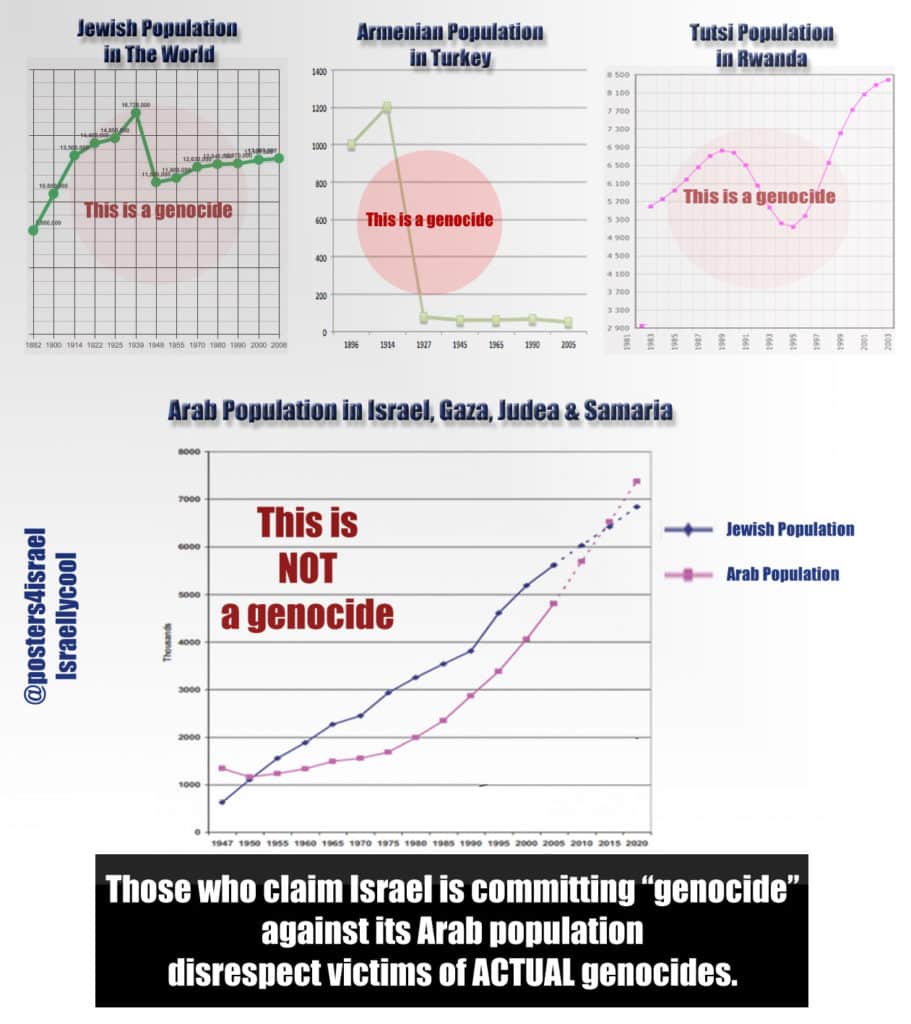RE: Palestinians Massing At The Israeli Border
⁜→ P F Tinmore, et al,
Again, you can remain in denial, pretend that the Israelis didn't have the Independence, and did not have what the UN Blue Book" said: "establishment of the State of Israel on the territory allotted to it by the partition plan."
But we've come much farther along. Today, certainly ---- the question is a matter of reasonability.
Most Respectfully,
R
⁜→ P F Tinmore, et al,
Again, you can remain in denial, pretend that the Israelis didn't have the Independence, and did not have what the UN Blue Book" said: "establishment of the State of Israel on the territory allotted to it by the partition plan."
(COMMENT)////////////////////
I don't see anything on that map of Palestine marked off as Israeli territory.
But we've come much farther along. Today, certainly ---- the question is a matter of reasonability.
Most Respectfully,
R







